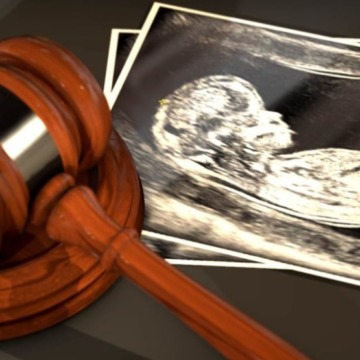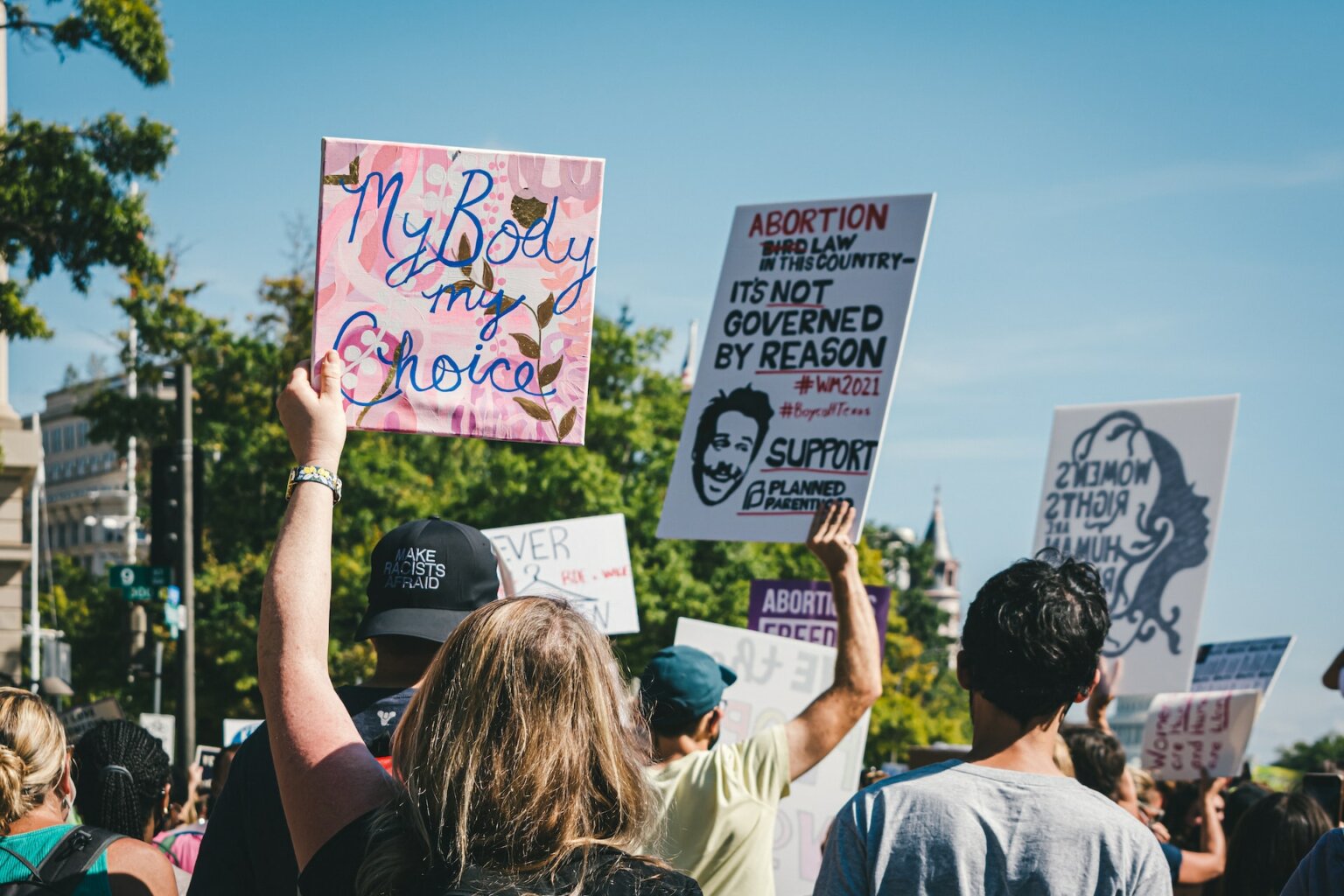- About
- Topics
- Story
- In-Depth
- Picks
- Opinion
- News
- Donate
- Signup for our newsletterOur Editors' Best Picks.Send
Read, Debate: Engage.
| topic: | Abortion |
|---|---|
| located: | Germany, United Kingdom, Poland |
| editor: | Magdalena Rojo |
Poland already has one of the strictest abortion laws in Europe. Yet, during the pandemic, another controversial proposal was brought to the parliament by an ultra-conservative initiative to tighten the legislative and make access to safe abortions even harder for Polish women.
According to the current legislative, abortion is only allowed in Poland in cases of rape, incest, when the life of the mother is endangered, or when the fetus is malformed. The vast majority of abortions happen because of the latter reason. However, the recent proposal, discussed in parliament during April, sought to make abortions under these circumstances illegal too.
The last time the topic was up for discussion in parliament was in 2016 when a similar proposal by an ultra-conservative initiative. Back then, the so-called Black protests across the country blocked the law from going forward. This time the initiative and the parliament used the pandemic-induced lockdown to discuss the law without protesters in the streets. Yet, the Polish still found their ways to protest. Some hanging posters in their windows; others shared slogans on their social media. On the day when the proposal was discussed in parliament, protesters in cars and on bicycles caused a traffic jam in one of Warsaw’s major roundabouts. In Krakow, on the other hand, people were queuing within the rules of social distancing.
For now, Poland’s parliament has deferred a final decision on the bill. However, the pandemic did have an impact on the access to safe abortions. It has been limited since mid-March when Poland closed its borders. Due to its harsh laws, Poland is known for its abortion-tourism. Countries like Germany or the United Kingdom receive thousands of Polish women searching to abort legally every year. This has become almost impossible with the current border closing. Some NGOs that guide women seeking support in such moments through their helplines have declared twice as many phone calls from women monthly than before pandemic.
The situation in Poland is not unique. In neighbouring Slovakia, human rights ombudsman Maria Patakyova asked the Minister of Health Marek Krajci to ensure that women seeking abortion will be attended by medical staff. But as only urgent surgeries were allowed during the pandemic, women complained to NGOs and the ombudsman that some hospitals stopped performing abortions. Yet, according to the Slovak legislative, abortion without stating the reason is only possible before the 12th week of pregnancy and as such is urgent. The Ministry of Health argued that the immunity system of pregnant women is lower and thus with the surgery, they would be more prone to get sick.
Slovak and Polish women organisations have joined a common appeal by NGOs from across Europe, asking European states to guarantee safe access to abortion. Not allowing women to make a choice over their life means using the pandemic to push the conservative agenda on those who are currently among the most vulnerable groups, such as, for example, single mothers who are losing jobs and desperately searching for ends meet.

